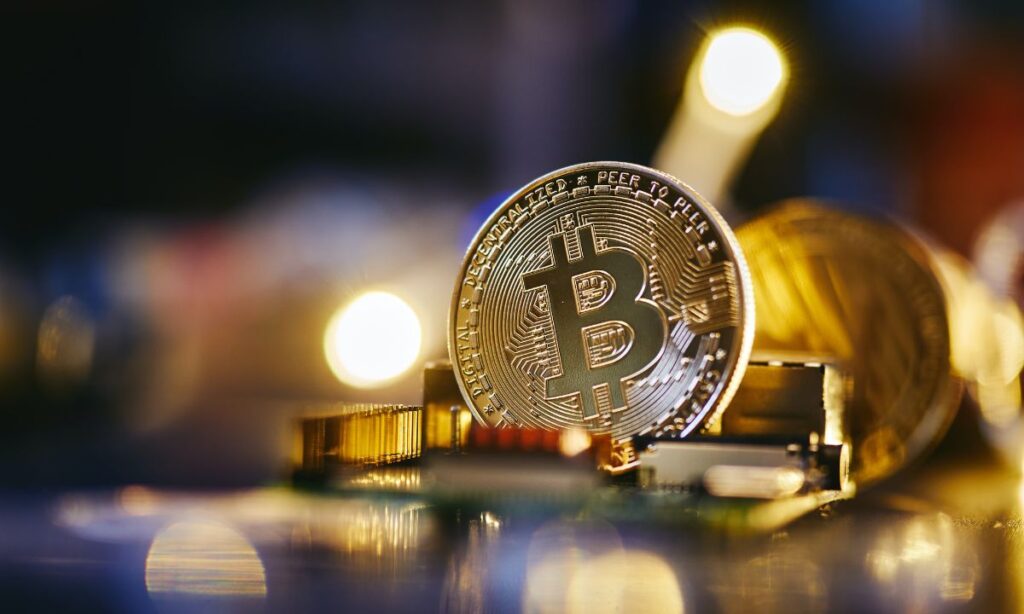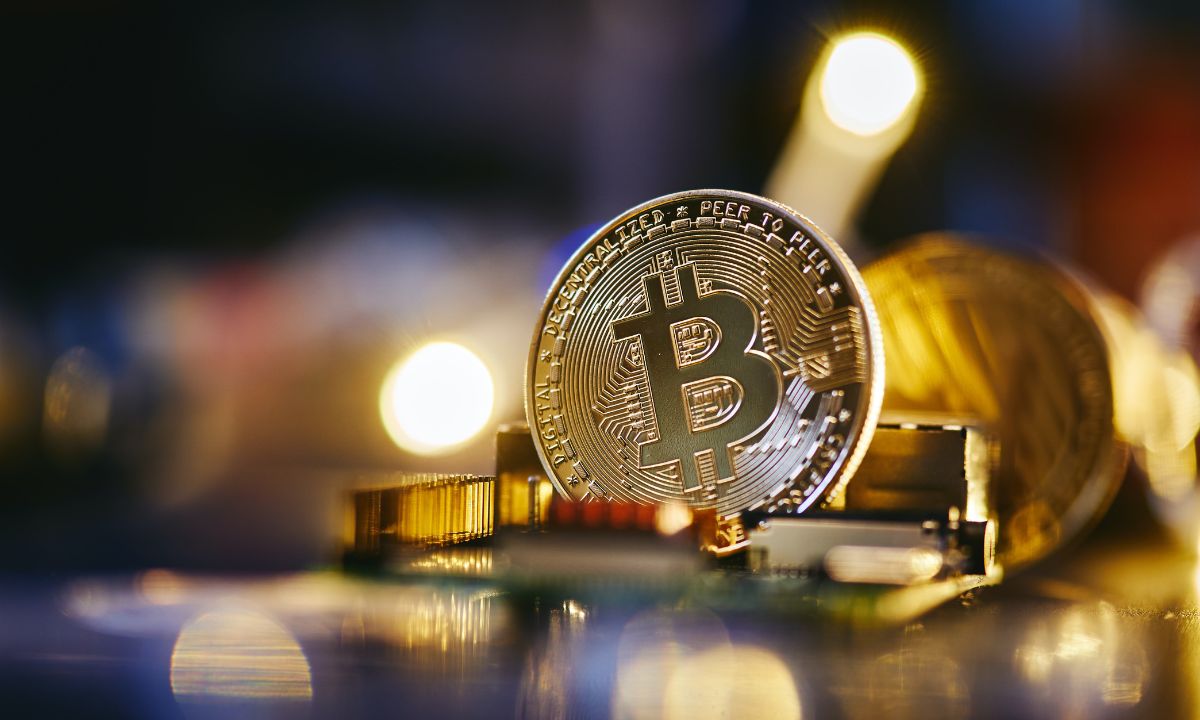
The U.S. Federal Reserve has unintentionally admitted that Bitcoin (BTC) is outperforming the U.S. dollar in curbing inflation, according to a revelation that comes from a Fed blog post discussing Bitcoin’s purchasing power.
The blog, first published in June 2022 and subsequently updated, compares the price of a dozen eggs bought with BTC and dollars. The anonymous author found that the number of satoshis (fraction of a Bitcoin) needed to buy eggs decreased more than the equivalent in dollars since December 2022.
By August 2023, Bitcoin holders required 70% fewer satoshis for egg purchases, compared to a reduction of 58% in dollar terms, according to the available Fed data. Despite the price of eggs increasing in both currencies since 2021, Bitcoin’s performance holds up.
The post also highlighted that while the U.S. Consumer Price Index (CPI) year-on-year increase was below the Fed’s 2% target in 2021, this is no longer the case. The cost of eggs in dollar terms has seen consistent increases, with prices 40% higher than in mid-2019.
As the U.S. Dollar Index nears one-year highs, analysts are expressing concerns about the U.S. economy, predicting a potential recession in 2024. Meanwhile, Bitcoin continues to prove its resilience against inflation, despite its unconventional use case in the ‘eggflation’ comparison.
Read Now: $33 million worth of Shiba Inu (SHIB) transfer by whale trader stirs crypto world

